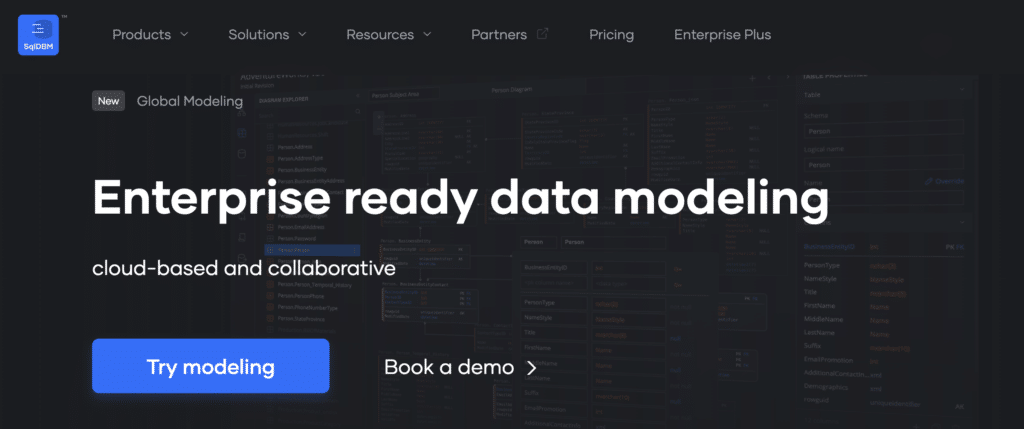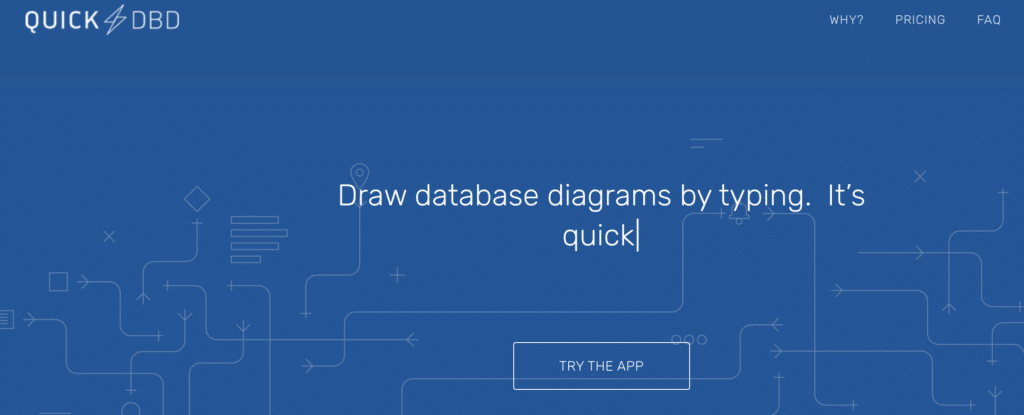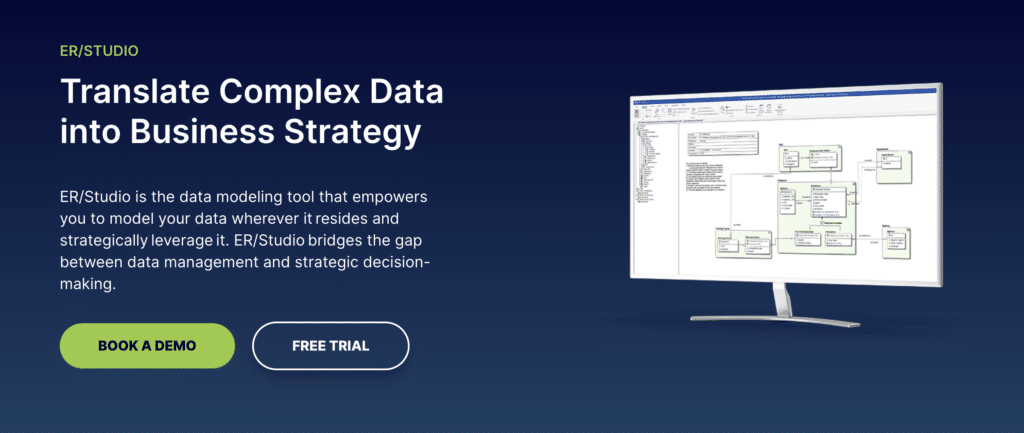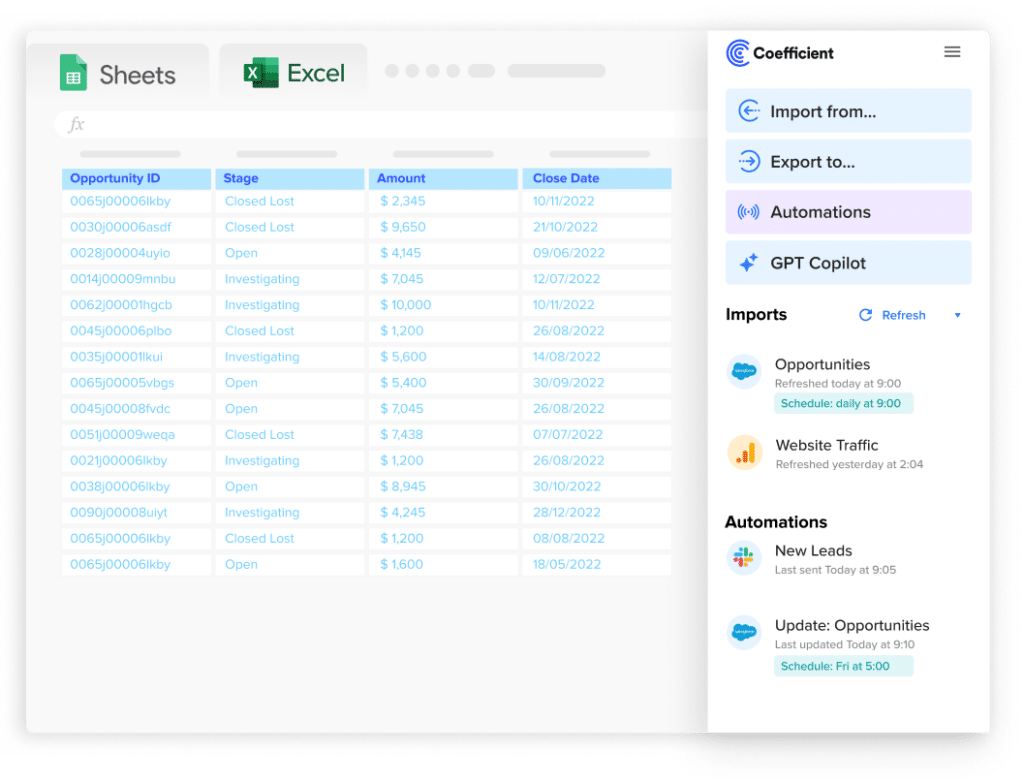In today’s digital age, businesses generate and collect vast amounts of data. However, without the right structure and organization, this data remains largely untapped, failing to drive meaningful insights and decisions.
Enter database design tools – the unsung heroes that transform raw data into powerful, actionable intelligence. In this quick overview, we’ll explore the world of database design tools, helping you unlock the full potential of your data.
Understanding Database Design Tools
At their core, database design tools enable businesses to create, visualize, and optimize the structure of their databases. These tools provide a user-friendly interface for defining tables, relationships, and constraints, ensuring data integrity and consistency. By leveraging database design tools, organizations can:
- Improve data organization and accessibility
- Enhance data quality and reliability
- Facilitate collaboration among team members
- Simplify complex data structures
- Adapt to changing business requirements
Quick Overview of Top Database Design Tools
1. SqlDBM

SqlDBM is a cloud-based database modeling tool that simplifies the process of creating and managing database schemas. With its intuitive drag-and-drop interface and real-time collaboration features, SqlDBM empowers teams to design databases efficiently.
Key Features:
- Supports multiple database platforms (SQL Server, MySQL, PostgreSQL, etc.)
- Automatic SQL script generation
- Reverse engineering of existing databases
- Version control and change tracking
Pros:
- User-friendly interface
- Seamless collaboration
- Comprehensive documentation and support
Cons:
- Limited customization options
- Higher pricing compared to some alternatives
2. DBSchema

DBSchema is a versatile database design tool that caters to both beginners and experienced professionals. With its rich set of features and extensive database support, DBSchema streamlines the database design process.
Key Features:
- Supports a wide range of databases (Oracle, SQL Server, MySQL, etc.)
- Visual schema editor with auto-layout
- SQL script generation and execution
- Data import/export capabilities
Pros:
- Intuitive and feature-rich interface
- Excellent customer support
- Affordable pricing plans
Cons:
- Steep learning curve for advanced features
- Occasional performance issues with large schemas
3. QuickDBD

QuickDBD is a web-based database design tool that focuses on simplicity and ease of use. With its clean interface and essential features, QuickDBD is ideal for small to medium-sized projects.
Key Features:
- Simple drag-and-drop schema designer
- Automatic ERD generation
- SQL script export
- Real-time collaboration
Pros:
- Beginner-friendly
- Fast and responsive interface
- Free plan available
Cons:
- Limited advanced features
- No direct database connectivity
4. ER/Studio

ER/Studio is a comprehensive data modeling and architecture solution that caters to enterprises with complex data environments. With its robust feature set and extensive customization options, ER/Studio enables organizations to design, document, and maintain their databases effectively.

Stop exporting data manually. Sync data from your business systems into Google Sheets or Excel with Coefficient and set it on a refresh schedule.
Get Started
Key Features:
- Support for multiple modeling notations (IE, IDEF1X, UML)
- Collaborative modeling and version control
- Impact analysis and data lineage
- Integration with data governance tools
Pros:
- Extensive functionality for complex projects
- Customizable and extensible
- Strong community and support
Cons:
- Steep learning curve
- Higher cost compared to other tools
5. Navicat Data Modeler

Navicat Data Modeler is a cross-platform database design tool that combines powerful features with a user-friendly interface. With its comprehensive modeling capabilities and support for multiple databases, Navicat Data Modeler is a solid choice for businesses of all sizes.
Key Features:
- Supports various database platforms (MySQL, SQL Server, Oracle, etc.)
- Visual schema designer with auto-layout
- Forward and reverse engineering
- Model synchronization and comparison
Pros:
- Intuitive and feature-rich interface
- Cross-platform compatibility
- Reasonable pricing
Cons:
- Some users report stability issues
- Limited collaboration features
Comparative Analysis of Database Design Tools
| Feature | SqlDBM | DBSchema | QuickDBD | ER/Studio | Navicat Data Modeler |
| Database Support | ✓ | ✓ | ✓ | ✓ | ✓ |
| Visual Schema Designer | ✓ | ✓ | ✓ | ✓ | ✓ |
| SQL Script Generation | ✓ | ✓ | ✓ | ✓ | ✓ |
| Collaboration Features | ✓ | ✗ | ✓ | ✓ | ✗ |
| Reverse Engineering | ✓ | ✓ | ✗ | ✓ | ✓ |
| Pricing | $$$ | $$ | $ | $$$$ | $$ |
| Ease of Use | ★★★★ | ★★★ | ★★★★★ | ★★ | ★★★★ |
When selecting a database design tool, consider factors such as the complexity of your projects, team size, budget, and required features. While some tools excel in simplicity and ease of use, others offer advanced functionality for tackling intricate data challenges.
Conclusion
Database design tools play a crucial role in harnessing the power of data. By providing a structured approach to database modeling and optimization, these tools enable businesses to make informed, data-driven decisions. Whether you’re a small startup or a large enterprise, investing in the right database design tool can significantly enhance your data management capabilities.
With Coefficient, you’ll gain access to advanced analytics, intuitive visualizations, and seamless integration with your favorite database tools. Start your journey towards data-driven success now!

